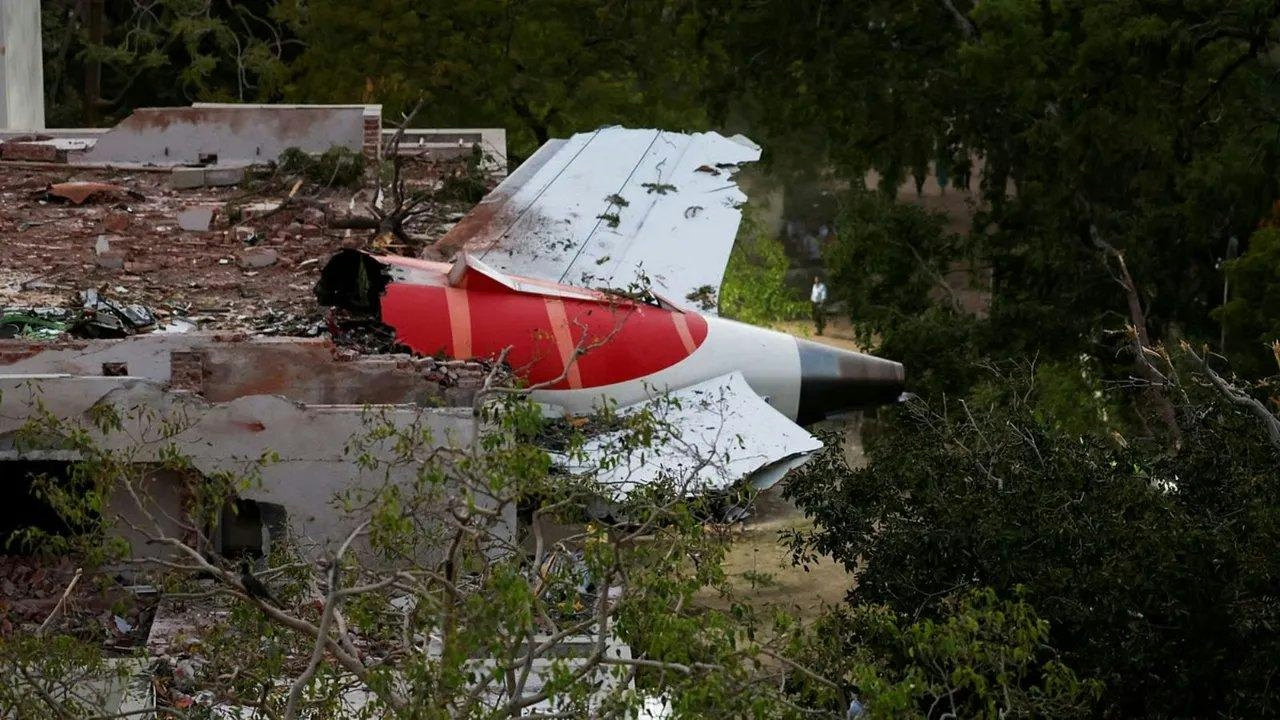AeroGenie — Ваш интеллектуальный второй пилот.
В тренде
Categories
112 Pilots Took Leave Days After Air India Ahmedabad Crash, Aviation MoS Informs Lok Sabha

Surge in Pilot Sick Leaves Following Air India Ahmedabad Crash
In the wake of the catastrophic Air India AI-171 crash near Ahmedabad on June 12, which resulted in 260 fatalities, the government has reported a significant increase in pilot sick leave within the airline. On June 16 alone, 112 Air India pilots—comprising 51 Commanders and 61 First Officers—were recorded as absent due to illness. This information was disclosed by Union Minister of State for Civil Aviation Murlidhar Mohol in a written response to a question posed by Congress MP Jai Prakash during a Lok Sabha session.
Although the government characterized the rise in sick leaves as "minor," the timing has raised concerns regarding the psychological impact of the tragedy on flight crews. The data provided did not extend to other dates nor did it specify the reasons behind the surge in absences. Air India operates a diverse fleet including Boeing 787s, Boeing 777s, Airbus A320 family aircraft, and Airbus A350s.
Investigations and Industry Response
The AI-171 crash stands as the deadliest incident involving an Indian airline in four decades, intensifying scrutiny on pilot mental health and operational safety standards. The ongoing investigation is exploring various possibilities, including sabotage and cockpit confusion. However, preliminary analysis of flight recorder data has reportedly ruled out fuel issues or pilot error as contributing factors.
The incident has also triggered broader market reactions, with heightened focus on Air India’s safety protocols and potential repercussions for insurance coverage. Competing airlines have responded by emphasizing their own safety measures and launching public relations efforts aimed at reassuring passengers and maintaining confidence in air travel.
Government Measures on Pilot Mental Health
In response to concerns about pilot well-being, MP Jai Prakash inquired whether the government had introduced remedial actions such as post-trauma mental health workshops. Minister Mohol highlighted that the Directorate General of Civil Aviation (DGCA) had issued a medical circular in February 2022, which sets forth mental health guidelines for flight crews and air traffic controllers (ATCOs). This circular mandates regular mental health assessments conducted by DGCA-empanelled medical examiners and recommends specialized training to enable aviation personnel to recognize and manage mental health challenges effectively.
Acknowledging the high-stress nature of pilot and ATCO roles, the ministry also emphasized the requirement for airlines and related organizations—including scheduled and non-scheduled operators, flying training organizations (FTOs), and the Airports Authority of India (AAI)—to implement Peer Support Programmes (PSPs). These proactive, non-punitive initiatives are designed to assist employees in identifying and addressing mental health issues before they escalate.
As the investigation into the Ahmedabad crash proceeds, authorities and industry stakeholders face mounting pressure to enhance safety oversight and support mechanisms for aviation professionals, with the aim of preventing future tragedies and restoring public confidence in India’s aviation sector.

Factors Positioning Airbus for Leadership in 2026

Emirates Unveils Cabin Design for New Boeing 777X

Eighteen Years On, the Airbus A380 Remains Central to a $34 Billion Airline

How a boom in luxury airline seats is slowing down jet deliveries

Navitaire Outage Attributed to Planned Maintenance

Airbus Plans Record Delivery of 870 Aircraft in 2026

DigiYatra Debuts Outside Aviation at India AI Impact Summit

Vietnam Orders Strengthen Boeing’s Commercial Outlook

Airbus Signals Uncertainty Over Future A400M Orders

JobsOhio Awards $2 Million Grant to Hartzell Propeller for Innovation Center
